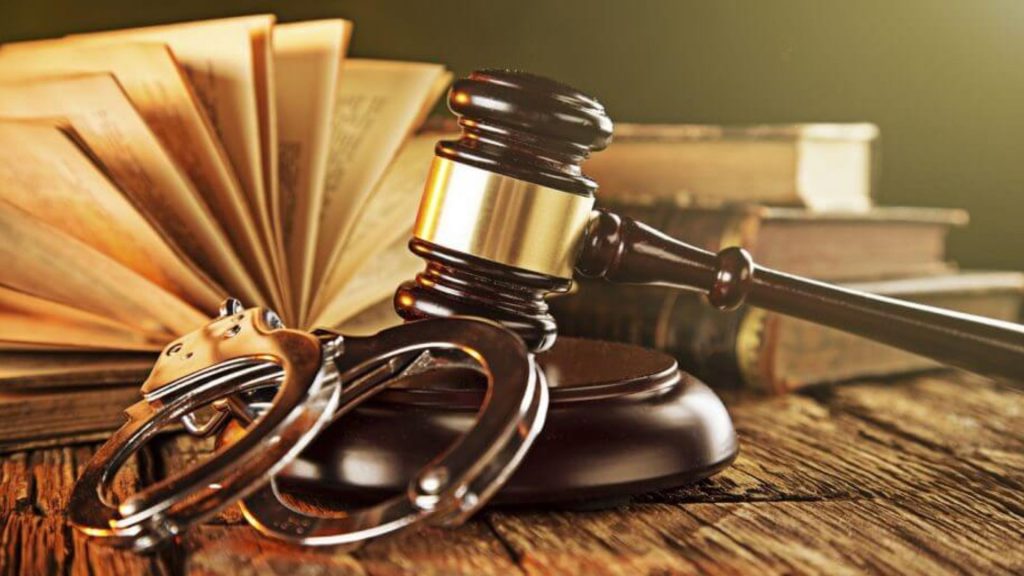Outline the course of action. A good way to learn a new skill is to define it and break it down into logical steps, establishing a progression that can be followed and repeated to achieve the desired results. The investigation process is no exception, and it can be effectively explained and learned in this manner.
Outline The Course Of Action
Outline a plan of action and make a list of questions that are to be answered by the complainant, the subject of the accusation, and any witnesses.
Start by answering the following questions:
What is the allegation?Is there a company policy related to the alleged behavior?Who is the complainant?What is his or her job role?Who is the subject of the complaint?What is his or her job role?Should supervisors and managers be informed of the allegation?Is there any documentation related to the allegation?Are there any witnesses to the alleged behavior?Who should be interviewed?Where should interviews be conducted?Should the parties to the complaint be separated during the investigation?Does any immediate action need to be taken to ensure the safety of anyone related to the complaint?Is a litigation hold required?Does the IT Department need to be involved?
Investigative Tasks
Physical evidence identification, information gathering, evidence collection, evidence protection, witness interviewing, and suspect interviewing and interrogation are all investigative tasks. These are critical tasks that must be learned and practiced with great skill in order to feed the most accurate information into the investigative thinking process. The goal of criminal investigation is to collect, validate, and preserve information to aid in the investigative thinking process. As a result, it is critical to learn how to perform these evidence collection tasks effectively.
Investigative Thinking
The goal of investigative thinking is to analyze the information gathered, develop theories about what happened and how an event occurred, and establish reasonable grounds to believe. These reasonable grounds for suspicion will lead to the arrest and charging of suspects. Investigative thinking is the process of analyzing evidence and information and considering alternative explanations to determine how an event occurred and whether they are reasonable.
Progression Of The Investigative Process
The investigative process is a series of activities or steps that include gathering evidence, analyzing information, developing and validating theories, forming reasonable grounds to believe, and finally arresting and charging a suspect. Because criminal incidents are dynamic and unpredictable, knowing these steps can be beneficial. The sequence of events, as well as the manner in which evidence and information become available for collection, can be unpredictable.
As a result, only flexible general rules for structured responses can be used. However, regardless of how events unfold or when evidence and information are received, certain steps must be taken. These include data collection, analysis, theory development and validation, suspect identification and reasonable grounds, and taking action to arrest, search, and charge suspects.
Final Thoughts
In any case, no matter how unpredictable criminal events are, the outcomes that police investigators seek are always the same. Furthermore, keep the desired outcomes in mind at all times to provide focus and priority to the overall investigative process. We’ll go over creating a mental map of the investigative process later in the book to help with recording, reporting, and recounting events. It is brought up now because a mental map is a good metaphor for the investigative thinking process.




